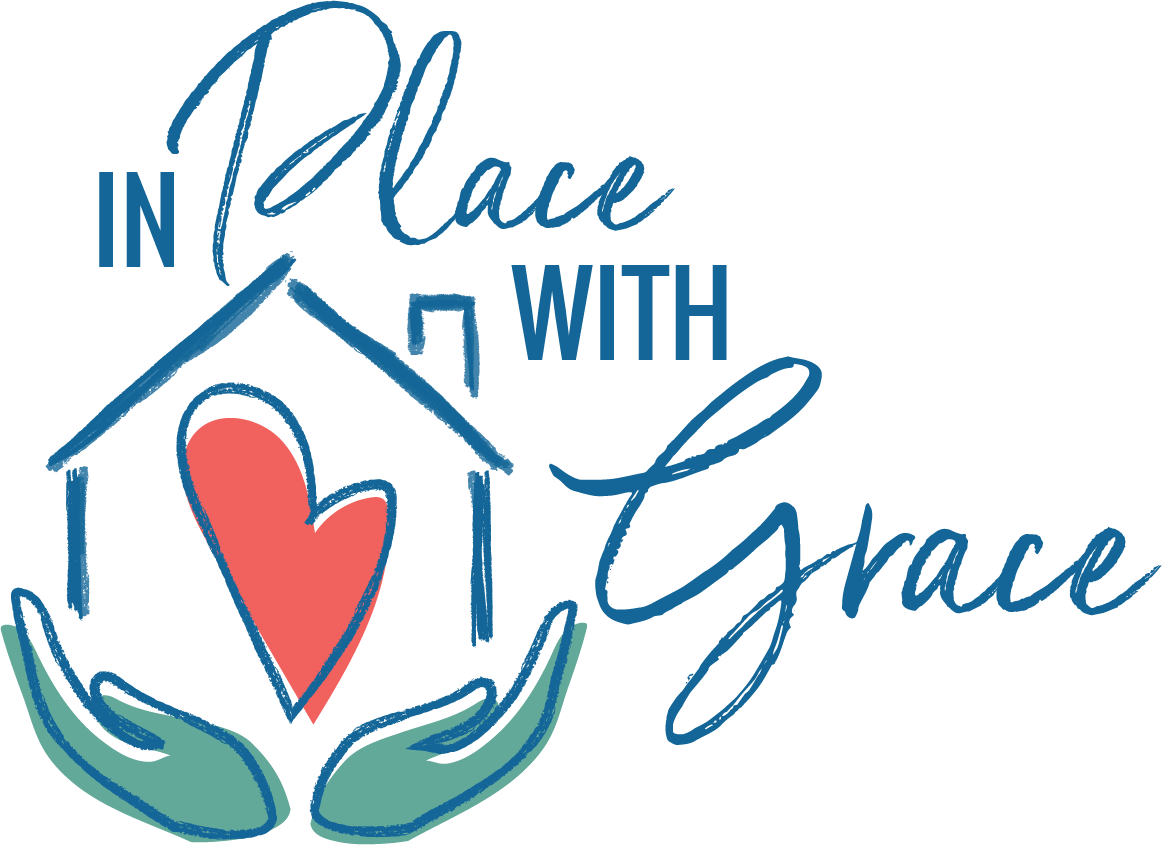
By Holly Kennedy, PT, ECHM, CAPS, CEAC
Home modifications are changes to the home to make daily activities easier and safer. These changes can help people to stay in their homes and communities after a significant injury/illness that results in a disability and as they age. While many home modifications, such as adding a grab bar and removing clutter, are free or low cost, others, such as remodeling bathrooms for accessibility, can be more expensive.
It is important to start with a consultation with a home modification professional to determine the most effective plan for you and your home. This step is crucial in avoiding mistakes which typically end up adding to overall costs and reducing the efficacy and helpfulness of the renovation.
Determining how to pay for the changes is the second step in the process. Funding sources for home modifications are available but can be difficult to identify and access. In our previous blogs, we discussed the U.S. government funding sources such as the Veterans Affairs and State and Federal Housing and Urban Development programs. Finally, we will share additional resources for you to consider and explore.
Insurance
- Long Term Care Insurance “Stay at Home” Benefit
- Medicare Advantage may pay for DME (durable medical equipment), assistive devices (such as walkers, canes), grab bars, ramps, widening of doorways
- Health Maintenance Organizations (HMO’s) – Check out the Safe at Home fall prevention program if you have BCBS of NC!
Other Resources
- Social/Vocational Supports (churches, synagogues, Jaycees, Support Groups)
- Centralina Area Agency on Aging
- Home Equity Line of Credit
- Home Improvement Loan
- Reverse Equity Mortgage
- Remodeler Referred Financing
- Remodeler Issued Financing
- Mortgage Refinancing
Non-Profit Organizations
- Habitat for Humanity
- Rebuilding together
- Disability Action Center
Tax Related https://www.irs.gov
- Personal Federal Income Tax (medical expense deductions),
- Federal Capital Gains Tax (amount spent on accessibility can be added to cost basis of the house),
- State & Local Taxes (some states & counties have sales tax exemption for certain accessibility features)
Reference:
National Council on Aging and USC Leonard Davis School of Gerontology
https://homemods.org/wp-content/uploads/2021/06/FundingSourcesforHM.pdf
